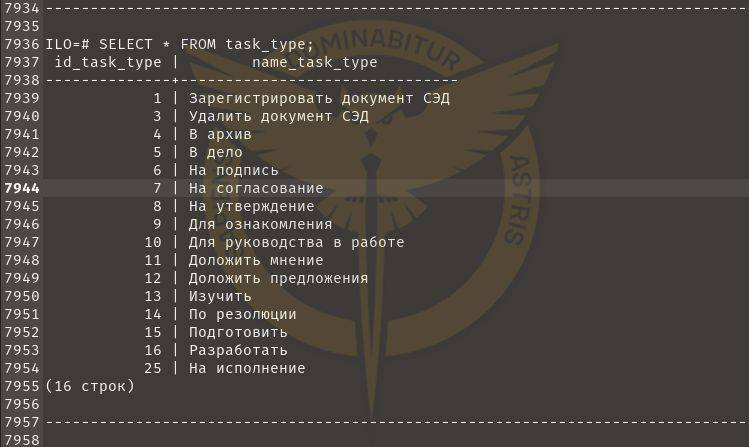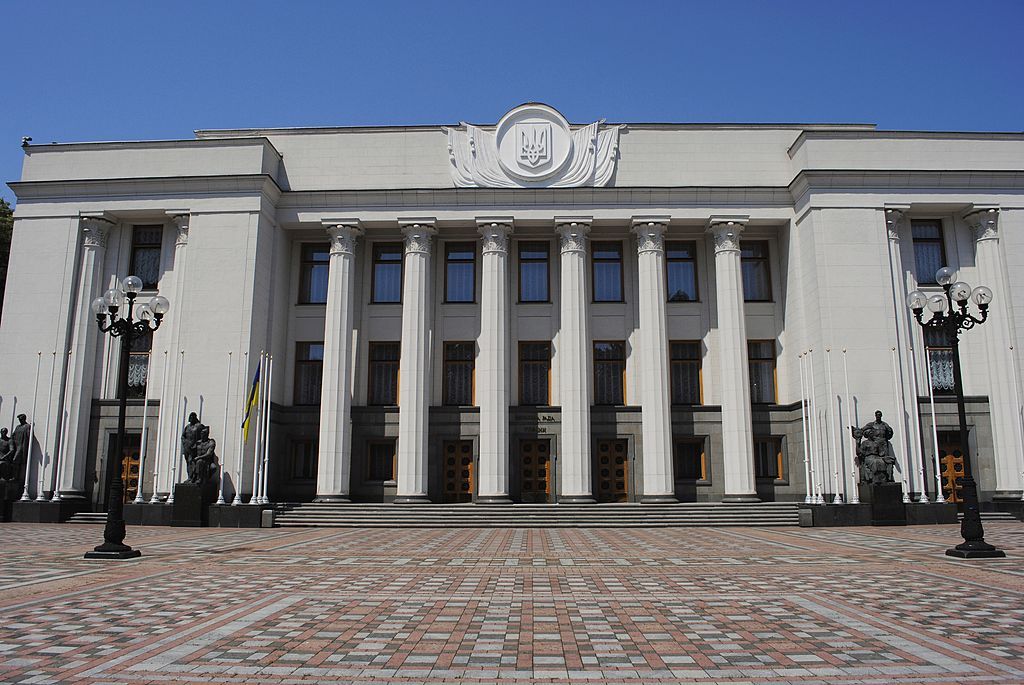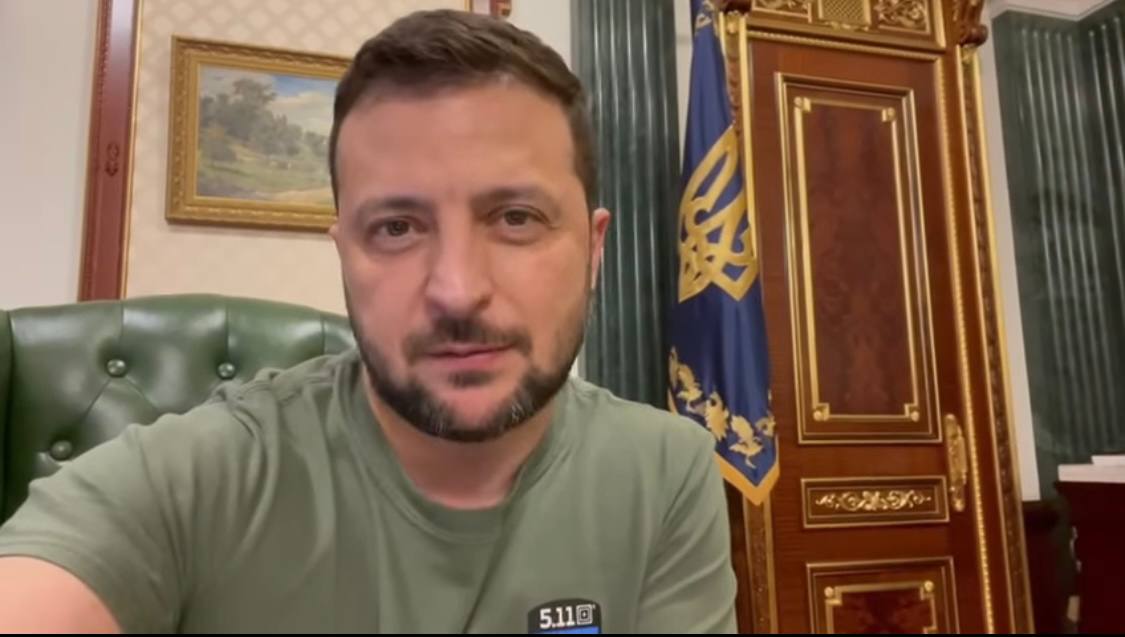
Largest NATO cyber defense exercise begins in Estonia
NATO's largest cyber defense exercise, Locked Shields, began in Tallinn, Estonia, on April 24, drawing participants from over 40 countries, including Ukraine.

NATO's largest cyber defense exercise, Locked Shields, began in Tallinn, Estonia, on April 24, drawing participants from over 40 countries, including Ukraine.

Ukrainian hackers, possibly connected to the Security Service of Ukraine (SBU), destroyed a data center used by the Russian military, oil, gas, and telecommunications industries, sources in the SBU told the Kyiv Independent on April 8.

The SBU linked the attack to SandWorm, which is reportedly "a full-time unit" of Russia's military intelligence agency, the GRU.

Specialists of the Security Service of Ukraine (SBU) have repelled almost 10,000 cyberattacks since the outbreak of the full-scale war, and more attacks are taking place every day, SBU cyber chief Illia Vytiuk said on air on March 15.

Hackers of the IT Army of Ukraine targeted the Russian government and local portals, disrupting the fare payment system in Moscow and Kazan public transport, the Digital Transformation Ministry said on March 13.

The operation by HUR's cyber specialists reportedly helped to obtain orders, reports, instructions, and reports “that circulated among about 2,000 structural units of the Russian security service.”

There are no further details on the reported cyberattack, including Verkhovna Rada’s assumptions about those involved in the hacking. At the time of publication, the link to the parliament's Telegram was already working properly.

U.K. Foreign Secretary David Cameron recently declared, "Ukraine’s security is our security.” As the front line between Russia and Ukraine becomes ever more static, Russia will continue to seek out ways to disrupt Ukraine’s flow of military aid and harm its partners. As one of the leading

Two men suspected of involvement in the international cybercriminal group Lockbit were arrested in Ternopil Oblast, Ukraine's National Police reported on Feb. 21.

Hackers attacked one of Ukraine’s largest radio networks, TavrMedia, on July 21, broadcasting fake news about President Volodymyr Zelensky’s alleged health problems, according to Ukraine’s security officials. Unidentified hackers broadcasted reports that Zelensky was in an intensive care ward and that his duties were being temporarily performed



